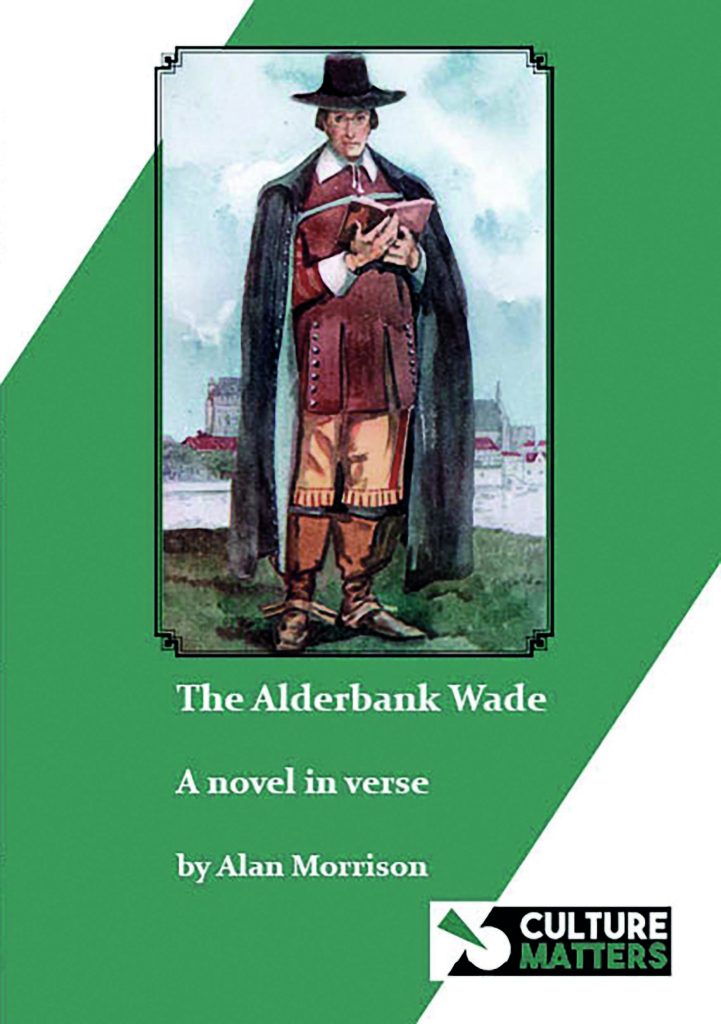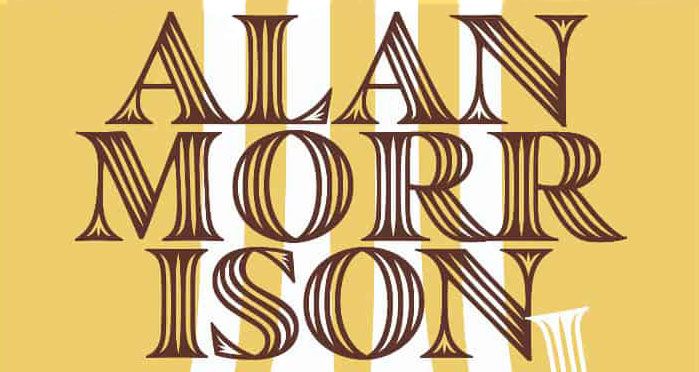
The Alderbank Wade – A Novel in Verse | Culture Matters, 2025 | 130pp | ISBN 978-1-912710-86-7 Can be ordered here
Young Roundhead Jared Amory relays the story of his childhood friend, Gideon Wade, who early in the English Revolution deserts the Royalist cause, which he had felt obliged by his father to enlist in against his personal conscience, for the Parliamentarian side. He rises through the ranks to Captain, and near the end of hostilities captures the Royalist stronghold of Alderbank House following a siege. Now a convert to Levelling, Gideon founds a ‘True’ Leveller community there, the Alderbank Diggers, where Jared, also a Leveller convert, joins him as his secretary. But by 1649, the numerous Digger communities are rapidly being suppressed by the Cromwellian militia, and Alderbank’s days are numbered. Notorious for switching allegiances, and for his fanatical desecrations of Anglican churches, Gideon earns the bitter epithet: ‘the Alderbank Wade’.
Gideon explained how he used his
Influence, such as it was, in the army & now asTemporary commander at Alderbank to lobby his
Superiors on Lilburne’s behalf, petition Levellers’Aims to the higher officers, the colonels, & above,
& to try to put into practice Leveller behavioursAmong his men, & to set this example in
The wider community, start a revolutionOf heart from the ground up, for in such rubric
Were the ripening shrubs of an upcoming Republic
‘Alan Morrison takes us into a world we cannot know, but when we arrive, somehow, we do. We remember people we’ve never met before, living stories that are familiar, because the Civil War is still with us. The author has created a well in verse from which the reader can draw up the past, its people and their light.’ —Michael Crowley, poet, author of The Battle of Heptonstall (2021)
‘Morrison’s historio-mythographic poem straddles time periods. It brings to life the historic struggles of the True Levellers, capturing the digressions, repetitions, interior contradictions, and the tensions between tradition and revolutionary notions within the narrator’s stream of consciousness. It uses the Levellers’ and Diggers’ concerns over entrenched inequalities, their efforts to establish common ownership of land, and their resistance to early capitalism as a critique upon ‘the absurd & grotesque contradictions & paradoxes of our time’.
Informed by in-depth research into the cosmology, politics, radicalism, psychology, secular and spiritual beliefs, the voice recounts the tragic egalitarian ambitions using faintly historicised vocabulary in semi-rhyming couplets. The complex and elegant sentence structure builds a sophisticated layering of moments, underscored by the ambiguity and ambivalence of protagonists wrestling with conflicted loyalties in a world turn’d upside down and inside out.’ —Bob Beagrie, poet, author of Civil Insolencies (2019)
‘Two Ends of a Scroll’: A Review of The Alderbank Wade by John O’Donoghue
